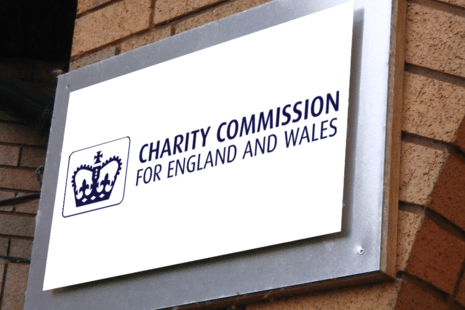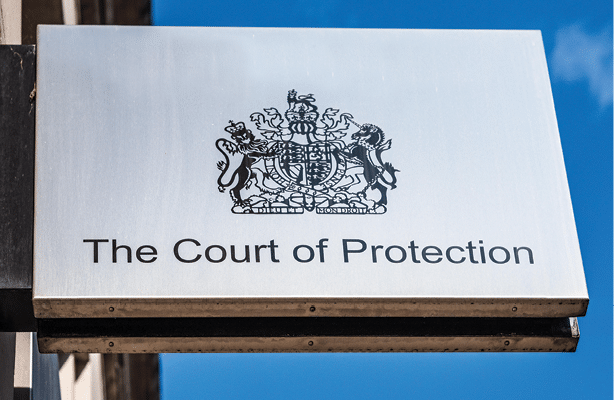The chair of a struggling charity seeks the mediator’s advice on resolving a trustee dispute
“Help! I am the chair of a small charity. We run a community centre which provides support services to vulnerable people in our local community. All the trustees are completely dedicated to the centre, and several became trustees through using our services. However, we’ve had difficulties with funding, and disagreements about strategic direction – all exacerbated by having to close over Covid lockdowns.
As the future of the centre becomes more fragile, the board of trustees has split into warring factions. The only thing uniting the factions is their disgruntlement towards me as their chair! But I don’t see why I should step down as chair – no one else has offered to take on the role, and I’ve devoted years of my life to the centre.
Why can’t everyone think about the good of the charity instead of being at each other’s throats?”
Arabella the Mediator replies: It sounds like you – and your fellow trustees – are going through a difficult and distressing time, and I really feel for you all. Being a trustee can take a good deal of time and commitment, and the role often appeals to those who really care and who have a sense of ‘how the world might be better’ – so when times are turbulent for the charity, the uncertainty hits trustees all the harder.
As a chair, the role of balancing interpersonal dynamics on a board can be really challenging, especially under the pressures the pandemic has brought us.
I’ll be pleased to share with you some tips from conflict resolution work I have undertaken for charitable trustee boards. I first became a charity chair, to a multi-million pound arts education charity, when I was 25 years old, so I can speak from some personal experience too.
Each situation is unique, and you will know what tips might resonate for your board, and what just wouldn’t fit. Trust your instinct.
Tips to help a chairperson resolve a trustee dispute
- Hitting financial or strategic difficulties can feel overwhelming and bring up a great deal of fear or pessimism in trustees. Finding a creative way of inviting trustees to recall, record and celebrate the features of the charity which they love or are proud of can reconnect everyone with the successes so far.
- A solution focussed horizon-gazing exercise can help a group focus on the future in creative ways. Switching attention briefly from ‘current problems’ to ‘future opportunities’ can be a uniting exercise – though it’s wise to define and agree the scope and spirit of the exercise in advance.
- Trustees come from all walks of life, and unconscious bias can cause us to become closed to others. It can be fun and connecting to invite everyone to look up their Personality Type, and share it with the group if they like. There is no ‘better’ or ‘worse’ Type – and a board’s cognitive diversity is its strength!
- You don’t mention how your meetings run, but revising your meeting facilitation skills is always valuable. A successful meeting will leave everyone feeling refreshed and animated!
- Similarly, has everyone ‘signed up’ to the same meeting communication protocols? Are some individuals dominating meetings? Is it agreed whether trustees speak through the chair (by putting their hand up)? Does everyone get to speak? Collectively reviewing your meeting protocols could helpfully reboot the atmosphere of your meetings.
- Decisions, decisions…. A vital element of trustees’ meetings is decision-making. Easier said than done. Has the board decided how it will make decisions? Voting? By ‘cabinet’ decision-making? Arm-wrestling matches?! Deciding how you decide is key. Great decision-making techniques exist, and if you don’t feel confident using new techniques, ask another trustee to facilitate. But also, know that the Charity Commission has lots of guidance for charities on how to make decisions.
- Do act swiftly to resolve serious disputes and disagreements. Trustees have serious statutory duties and responsibilities around protecting the stability and sustainability of the charity, so it’s important not to let disputes fester if this may imperil the charity itself. There is clear guidance from the Charity Commision on dealing with disputes and disagreements in charities – and getting a mediator involved is recommended as an effective starting point.





